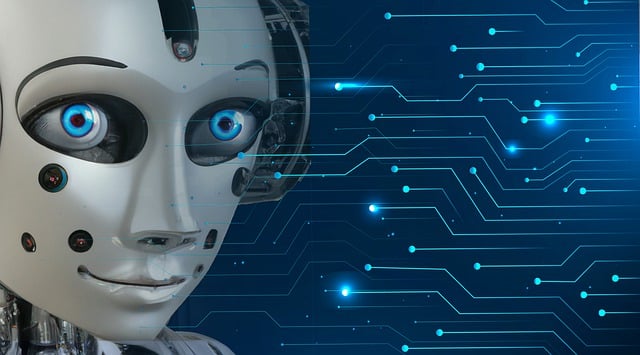The evolution of chatbots is reshaping the dynamics of customer-business interactions. From managing customer queries and delivering real-time support to offering personalized product recommendations, chatbots have become pivotal in the digital landscape. Projections indicate that the chatbot industry will burgeon to a market size of $3.62 billion by 2030, boasting an annual growth rate of 23.9%. This underscores the rising significance of chatbots as potent tools for customer service, fueled by advancements in artificial intelligence (AI) and machine learning (ML) technologies.
Currently, the healthcare sector leads in chatbot adoption, with 43% of companies utilizing them for customer service. The manufacturing industry follows at 33%, and the retail sector stands at 28% for leveraging chatbots in customer support. Notably, 29% of banking and finance-related organizations deploy AI-powered chatbots to enhance user experiences, as per research by Oracle. Other industries, including media, e-commerce, hospitality, and travel, exhibit a usage rate ranging between 13-15%.
This trend signals a widespread integration of chatbot technology across various sectors. Looking ahead to 2023 and beyond, let’s delve into the anticipated trends shaping the chatbot industry.
Industry-Specific Impact
Chatbots are no longer confined to their role in customer service; they are leaving a lasting impact across a spectrum of sectors. The following provides insight into their pervasive influence:
- The Influence of Chatbots in the Banking and Financial Sector – The financial sector is currently undergoing a chatbot revolution, with the market expected to reach nearly $7 billion. Beyond managing financial transactions, these virtual assistants play a pivotal role in time efficiency, reducing customer interaction times by up to 4 minutes. This not only streamlines customer inquiries but significantly enhances overall efficiency and satisfaction.
- The Role of Chatbots in Healthcare – The healthcare industry is increasingly adopting chatbots, with projections indicating a market surge to $1168 million by 2032. These virtual assistants not only facilitate smoother administrative processes but also contribute to substantial cost savings. By optimizing appointment scheduling, prescription refills, and addressing medical queries, healthcare chatbots enhance patient experiences while simultaneously reducing overhead expenses.
- The Impact of Chatbots in Retail and E-commerce – In retail, chatbots are transforming customer engagement and boosting sales, with the market witnessing a strategic surge. Personalized product recommendations, assistance with order tracking, and ensuring seamless shopping experiences have contributed to a remarkable up to 70% increase in conversion rates reported by many retailers.
- Revolutionizing Hospitality and Travel – Chatbots are reshaping guest and traveler experiences in the hospitality and travel industry. From facilitating quicker check-ins and streamlined reservations to providing instantaneous recommendations on local attractions and dining options, these AI-driven assistants ensure a seamless and personalized journey. Airlines also leverage chatbots for swift ticket bookings and real-time flight updates, enhancing overall user satisfaction.
- The Integration of Chatbots in Education – Educational institutions are increasingly adopting chatbots to streamline administrative processes and enhance student experiences. These bots assist with course registrations, answer frequently asked questions, and provide essential information to ensure a smoother academic journey. The education sector is witnessing improved efficiency and heightened student engagement through chatbot integration.
- The Role of Chatbots in the Automotive Industry – In the automotive industry, chatbots are reshaping customer support by aiding vehicle owners with maintenance schedules, troubleshooting, and remote diagnostics. These virtual assistants offer instant assistance, reducing the need for in-person service appointments, thereby improving customer loyalty and practical efficiency.
- Chatbots Revolutionizing Energy and Utility Industry – Chatbots are transforming customer service in the utility sector, enabling providers to manage requests across multiple channels and languages seamlessly. AI-driven agents offer personalized responses and streamline services like waste pickups and technician visits, enhancing operational efficiency and customer experience and optimizing revenue through efficient payment collections.
- The Impact of Chatbots in HR and Recruitment – In HR, chatbots have revolutionized recruitment by driving a remarkable 95% surge in leads on career websites. They provide access to a broader pool of potential talent and act as invaluable time-savers by automating routine HR tasks, freeing up thousands of work hours annually.
In Conclusion
In summary, the future of chatbots is intertwined with the modern business landscape, playing a crucial role in elevating customer service and operational efficiency. Their widespread adoption and effectiveness have transformed chatbots into invaluable assets for businesses, regardless of size. Chatbots are poised to shape the trajectory of business-customer interactions for the foreseeable future, especially with the integration of voice and AI-powered capabilities impacting various industries.




